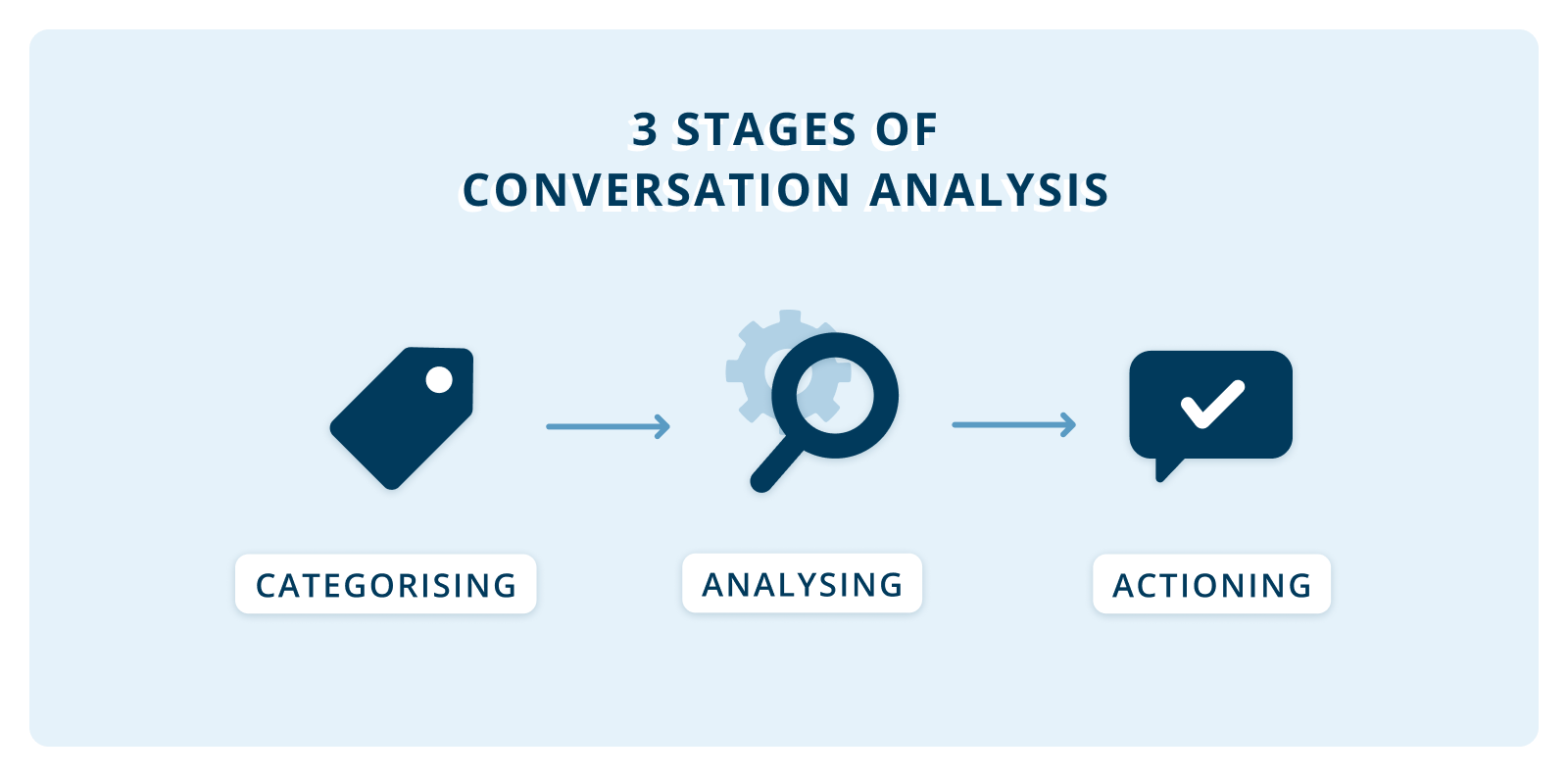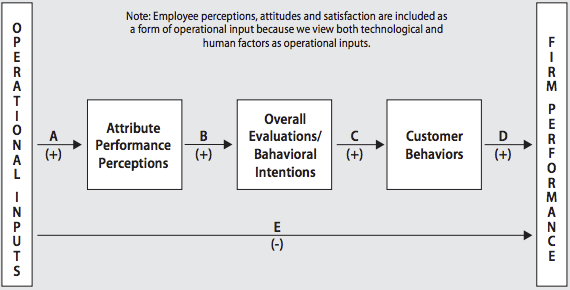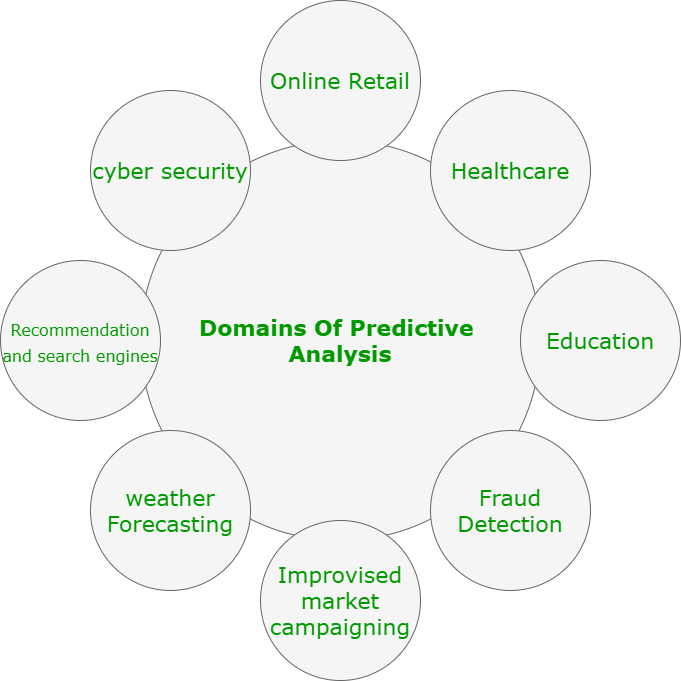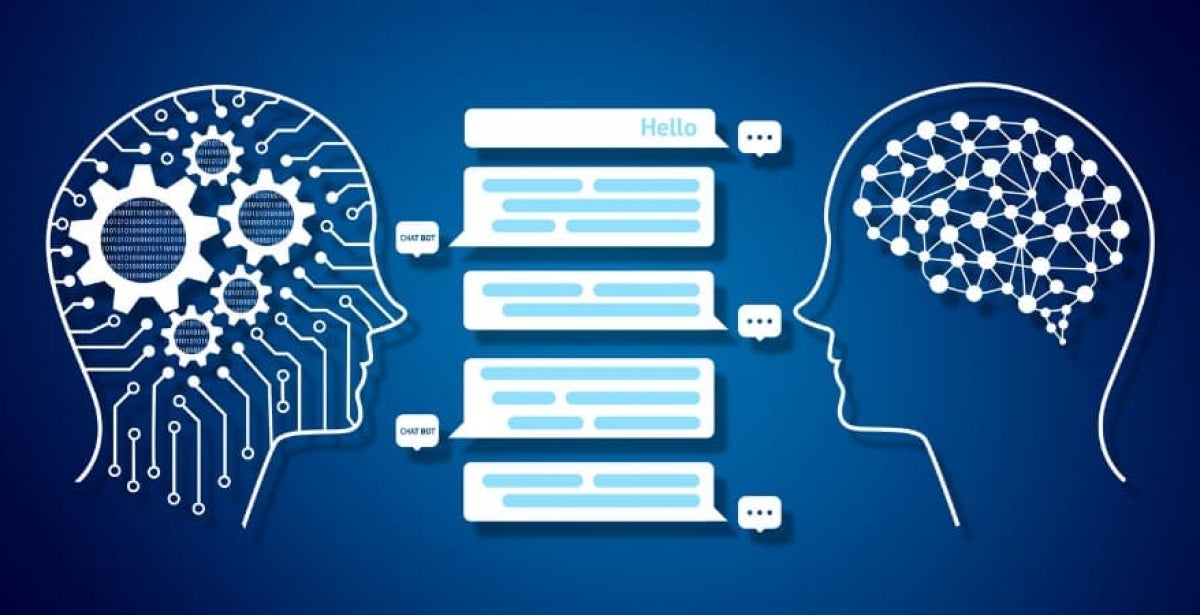Last Updated on 05/12/2023 by Dolly
Our online conversations have become the foundation of communication in the digital age, ranging from social media interactions to customer service inquiries. Data science has emerged as a powerful force in this dynamic landscape, reshaping the way we understand and engage in these conversations.
In this exploration, we will dissect five key ways data science is transforming our online interactions, delving into the realms of chat conversations, sentiment analysis, and chatbot advancements. Through real-world examples and expert insights, we will unravel the intricate ways in which data science is enhancing the quality, efficiency, and personalization of our online conversations.
- Chat Conversation Analysis: A Data-Driven Dialogue
i. Identifying User Intent
Data science algorithms analyze chat conversations to determine user intent, allowing businesses to more effectively tailor their responses. Platforms like Intercom, for example, use machine learning to analyze customer queries, allowing businesses to respond to specific needs quickly.

ii. Contextual Understanding:
Natural Language Processing (NLP) models, a subset of data science, allow chat platforms to grasp the context of conversations. Google’s BERT (Bidirectional Encoder Representations from Transformers) is a prime example, enabling search engines to understand the context of search queries, providing more accurate results to users.
2. Sentiment Analysis: Reading Text to Recognize Emotions
i. Emotion Detection:
Emotions in text data can be identified using data science techniques, such as sentiment analysis. Social media platforms like Twitter utilize sentiment analysis to gauge public opinion on various topics, providing valuable insights for businesses and policymakers.

ii. Brand Perception:
Brands use sentiment analysis software to gauge how their customers feel about their goods and services. Businesses can improve their offerings and customer satisfaction by using the actionable insights they gain from analyzing online reviews and social media mentions.
 3. Advancements in Chatbots: From Rule-Based to AI-Powered
3. Advancements in Chatbots: From Rule-Based to AI-Powered
i. Improvements in Personalization:
Data-driven chatbots make use of user information to provide individualized recommendations and responses. AI-powered chatbots like Drift predict customer needs based on historical user data, providing a customized user experience.
ii. Enhancing Customer Engagement:
Through the use of data science, chatbot interactions are improved, becoming more interesting and human-like. Chatbots can handle complex conversations thanks to the integration of machine learning models in conversational AI platforms like Rasa, which also encourage greater user engagement.
4. Utilizing Predictive Analytics to Predict User Needs
i. Predictive Analytics
Data science models that are based on historical data forecast user inquiries, enabling businesses to proactively plan their responses. By ensuring prompt responses and improving customer service effectiveness, this proactive approach raises user satisfaction levels overall.

ii. Optimizing Product Offerings:
E-commerce platforms leverage predictive analytics to anticipate customer preferences. By analyzing user behavior and purchase history, businesses can optimize their product offerings, increasing sales and customer loyalty.
 5. Ethical Considerations: Navigating the Data Science Landscape
5. Ethical Considerations: Navigating the Data Science Landscape
i. Data Privacy and Security:
While data science offers tremendous potential, it raises crucial ethical questions regarding user privacy. Businesses must navigate this landscape carefully, ensuring robust data encryption and compliance with regulations like GDPR to protect user information.

ii. Algorithmic Bias:
If not carefully designed, data science algorithms can reinforce biases found in the training data. To ensure fairness and inclusivity in online conversations, tech companies are placing more and more emphasis on addressing algorithmic biases.

The Future of Online Conversations Based on Data
To sum up, data science is fundamentally changing how we interact with one another online. Data-driven insights are advancing chatbot capabilities, analyzing chat interactions, identifying emotions, predicting user needs, and improving the effectiveness of online communication. However, there are obligations associated with this transformation. In order to ensure that the power of data science is used to improve online conversations and foster inclusivity, understanding, and engagement in the digital sphere, businesses and developers must prioritize ethical considerations as we move toward a data-driven future.

Read More:
- The Power of Federated Learning to Change Data Privacy
- Los Angeles Housing Authority data breach leaked most personal info.
- The Role of AI in Financial Services: From Robo-Advisors to Fraud Detection










